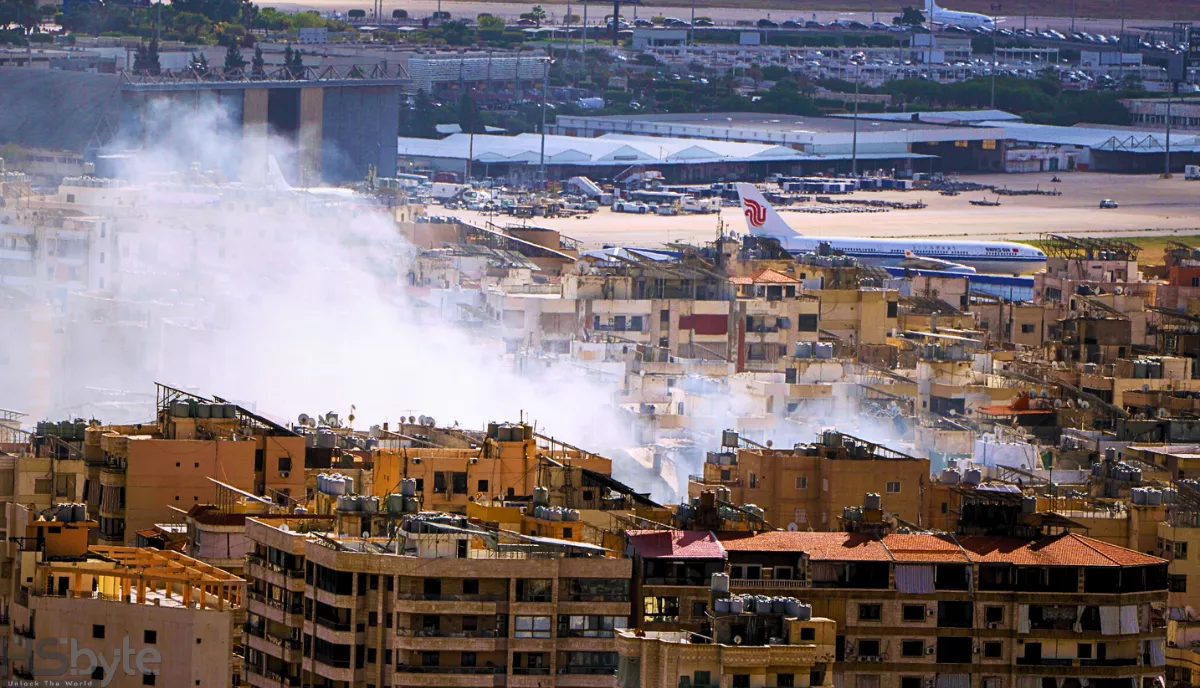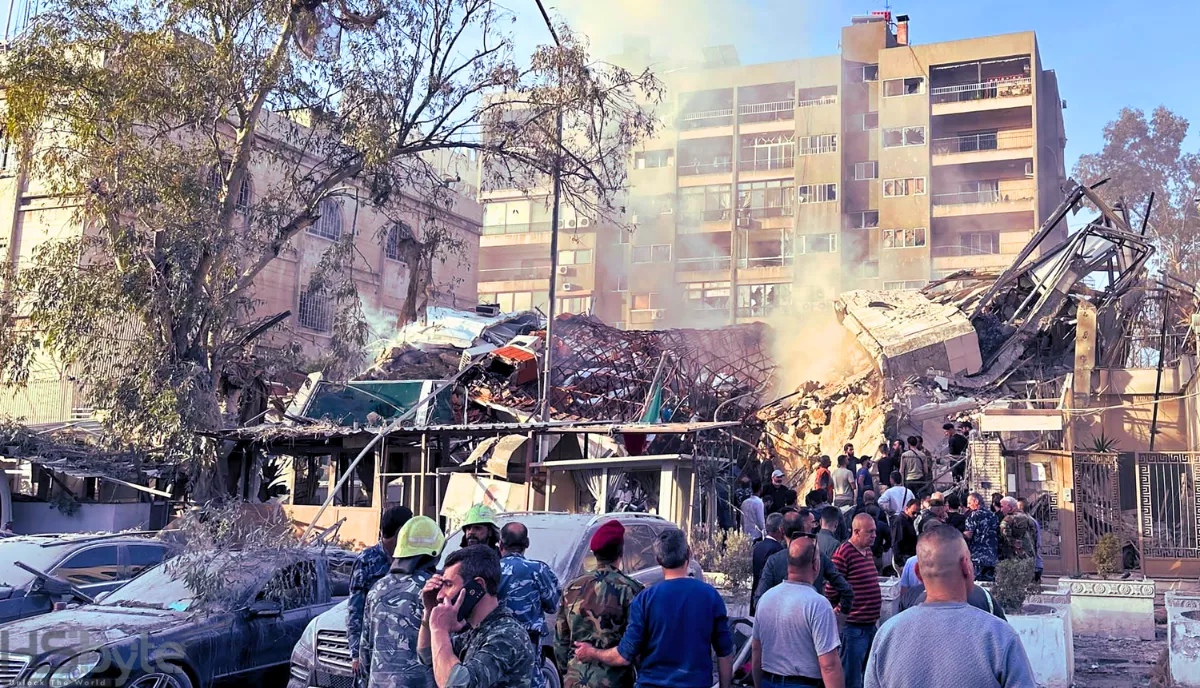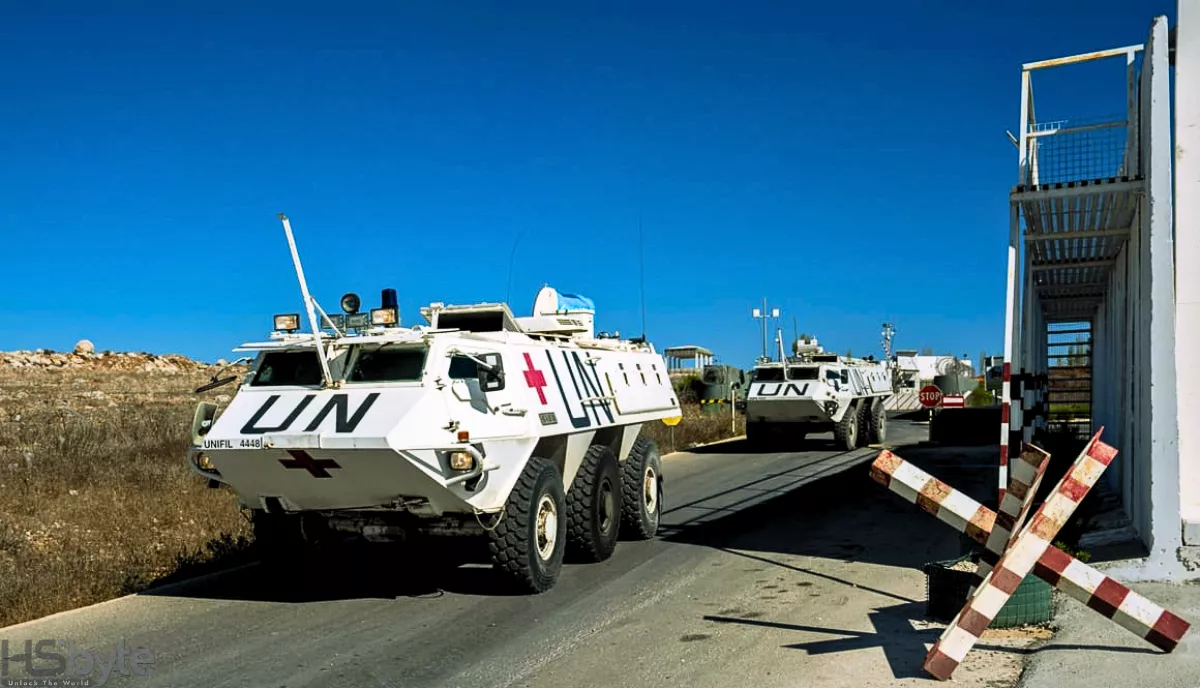
- Category: Middle East, News

- Share
Iran Missile Attack on Israel: A Major Escalation Unfolds
In a significant escalation of hostilities, Iran has launched hundreds of missiles towards Israel, marking a dangerous new chapter in the ongoing conflict between the two nations. This missile barrage, which began recently, represents the second major attack by Iran this year, following a similar strike in April that involved hundreds of missiles and drones aimed at Israeli targets.
Scale of the Attack
According to the Israeli military, Iran fired approximately 180 missiles in this latest assault, making it a larger offensive than the April attack, which saw around 110 ballistic missiles and 30 cruise missiles launched. Footage broadcasted by Israeli television depicted missiles flying over the Tel Aviv area shortly before 19:45 local time (16:45 GMT).
The Israeli military’s advanced air defense systems successfully intercepted most of the missiles, but reports indicate that some military bases and civilian areas, including restaurants and schools, may have suffered damage. The Iranian Islamic Revolutionary Guard Corps (IRGC) claimed that 90% of the missiles hit their intended targets and that hypersonic missiles were utilized for the first time in this attack. Tragically, the Palestinian civil defense authority reported that a man in Jericho lost his life due to debris from the falling missiles.
Motivation Behind the Attack
The IRGC stated that this missile attack was a direct response to Israel’s actions in the region, specifically citing the killing of key commanders, including Hezbollah leader Hassan Nasrallah and IRGC commander Abbas Nilforoshan in Beirut on September 27. The IRGC also referenced the death of Hamas political leader Ismail Haniyeh in Tehran earlier this year, which Israel is widely believed to have orchestrated, although it has not officially claimed responsibility.
A senior Iranian official revealed that the country’s Supreme Leader, Ayatollah Ali Khamenei, had personally ordered the missile strike, highlighting Iran’s longstanding commitment to opposing Israel’s existence. For years, Iran has backed various paramilitary organizations in the region that are aligned against Israel, viewing its presence as an existential threat.
The Role of Israel's Iron Dome
Israel has invested heavily in a sophisticated air defense system, with the Iron Dome being the most recognized component. This system is designed to intercept short-range rockets, particularly those fired by groups like Hamas and Hezbollah. While the Iron Dome played a role in defending against elements of Iran’s previous assault in April, it is likely that other parts of Israel’s layered defense systems handled the majority of the interceptions during the recent missile attacks.
David’s Sling, a joint US-Israeli defense initiative, is designed to intercept medium to long-range rockets, as well as ballistic and cruise missiles. For long-range threats, Israel relies on the Arrow 2 and Arrow 3 interceptors to protect its airspace from external threats.
The missile attack has drawn strong reactions from Israel’s allies, with US President Joe Biden reaffirming support for Israel. He characterized the Iranian missiles as “defeated and ineffective” and ordered US forces in the region to assist in intercepting the threats aimed at Israel. A Pentagon spokesperson confirmed that US Navy destroyers had fired about a dozen interceptors against the Iranian missiles headed toward Israeli territory.
US Defense Secretary Lloyd Austin condemned Iran’s actions as an “outrageous act of aggression” and confirmed that US forces had successfully intercepted multiple missiles. Reports indicate that UK fighter jets were also involved in supporting Israel during this crisis, echoing their involvement in the April attacks. UK Prime Minister Sir Keir Starmer expressed solidarity with Israel, affirming its right to self-defense.
Other nations, including France and Japan, have condemned Iran’s missile attacks and called for all parties to exercise restraint to avoid further escalation in the region.
Looking Ahead: What Comes Next?
In the aftermath of the missile barrage, Israeli Prime Minister Benjamin Netanyahu warned that Iran had made a “big mistake” and would face consequences for its actions. He emphasized that Israel has plans in place and would strike at a time and place of its choosing.
Meanwhile, the IRGC issued a statement suggesting that Iran’s response would be “more crushing and ruinous” if Israel were to retaliate. In a show of force, the Israeli military has already conducted airstrikes targeting Hezbollah positions in Beirut following the missile attack, advising residents in the southern suburbs to evacuate.
As tensions continue to rise, both Israel and Iran are preparing for a potential escalation in hostilities. The situation remains fluid, with the possibility of further attacks and retaliatory actions looming on the horizon.
Conclusion
The recent missile attack by Iran represents a critical juncture in the ongoing conflict between Iran and Israel. With hundreds of missiles launched and both nations poised for potential retaliation, the situation is fraught with danger. As the international community watches closely, the stakes have never been higher for both Israel and Iran in this enduring conflict.
You May Also Like


Israeli Hostage Couple Reunited After 738 Days

Raila Odinga Dies at 80: Kenya Mourns Political Giant

Trump Demands Hamas Disarm Amid Brutal Gaza Crackdown

Israeli Strikes on Iran Heighten Tensions

UNIFIL Post Breached: Israeli Tanks Escalate Tensions
Latest Update

Zelensky Biden Meeting Ignites Republican Outrage Amid Aid Talks

Wuthering Heights Film Casting: Controversy Sparks Debate

Will the US Presidential Election Shape the Future of Crypto?

War with Russia: Zelensky Sees Hope for Peace

Unpacking the ‘Dark Arts’ in Manchester City vs Arsenal Showdown

UNIFIL Post Breached: Israeli Tanks Escalate Tensions

Trump Demands Hamas Disarm Amid Brutal Gaza Crackdown

